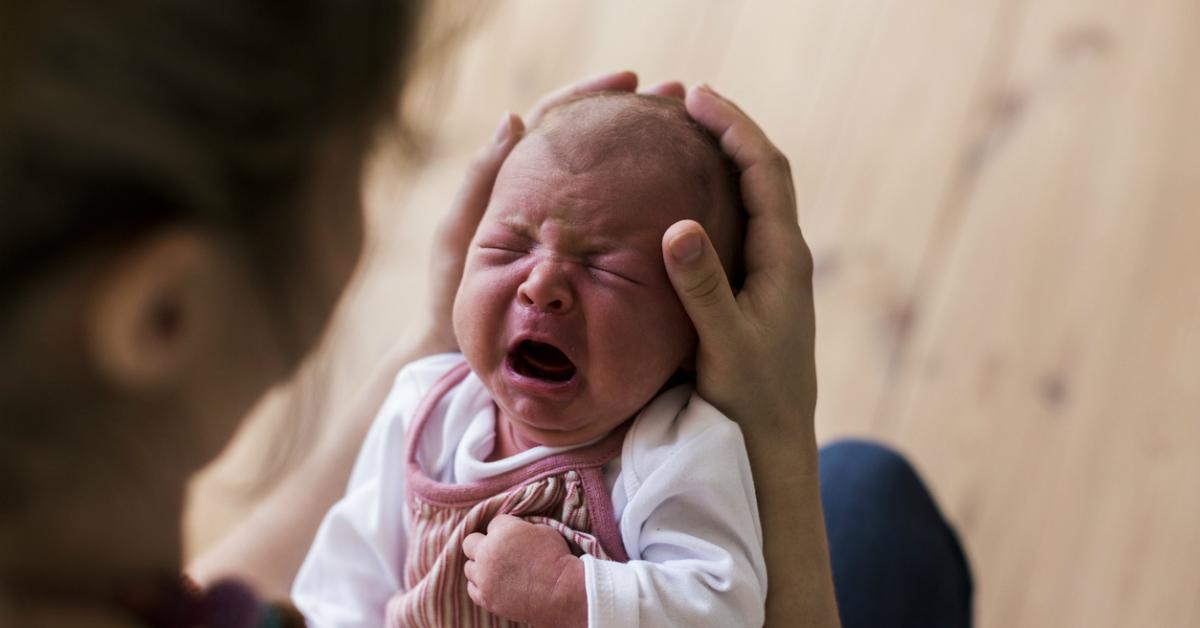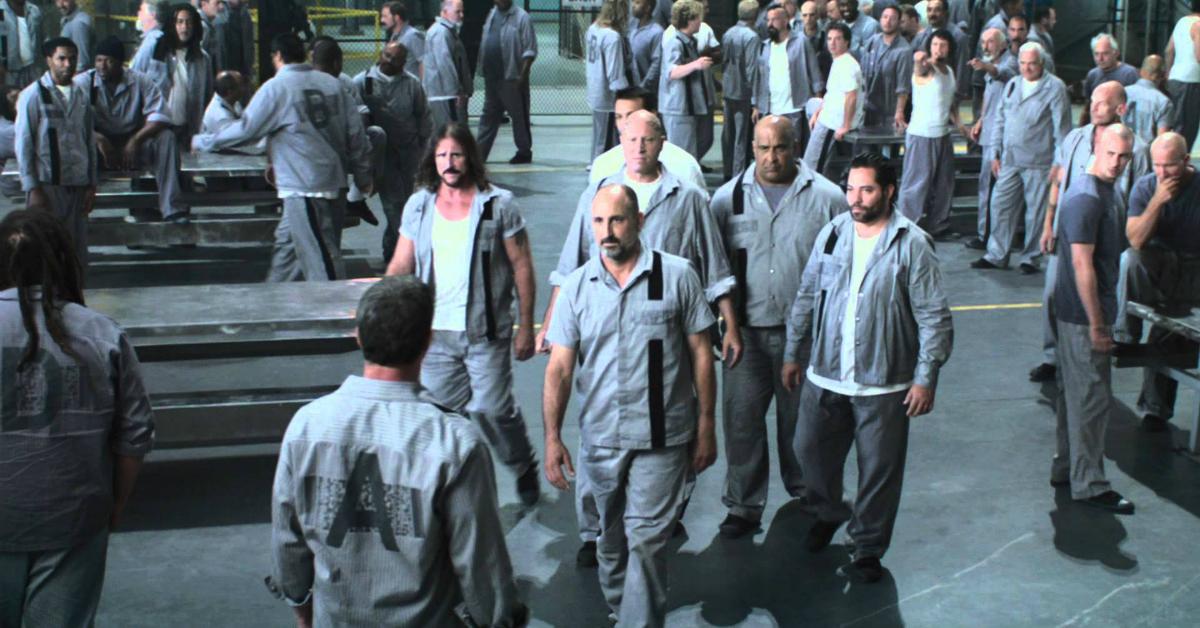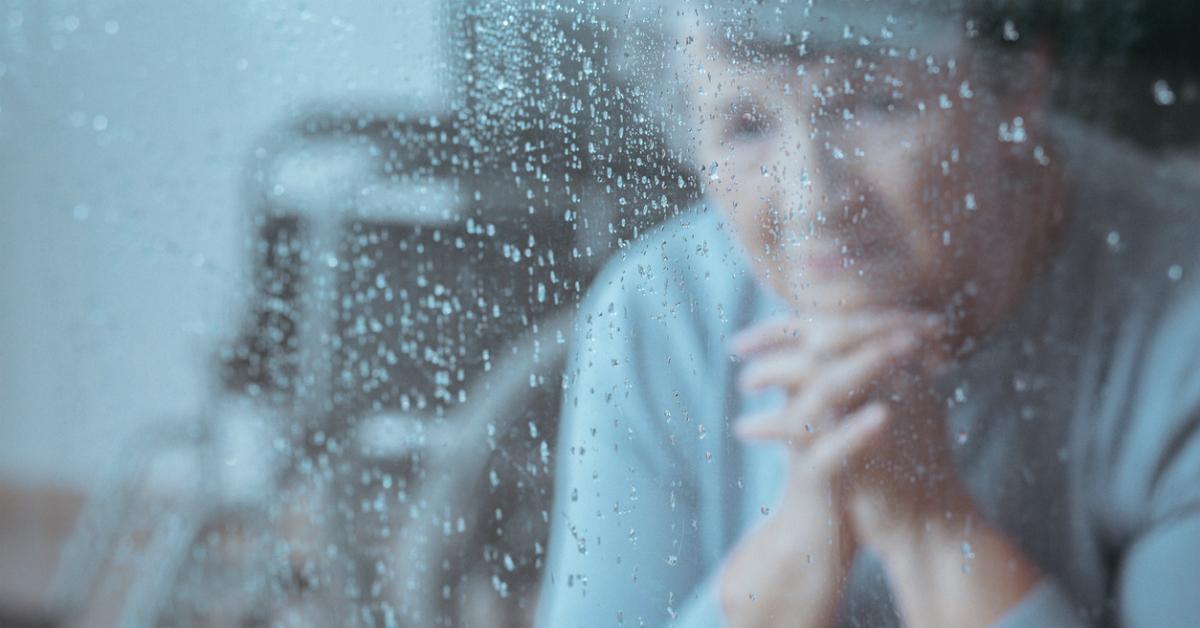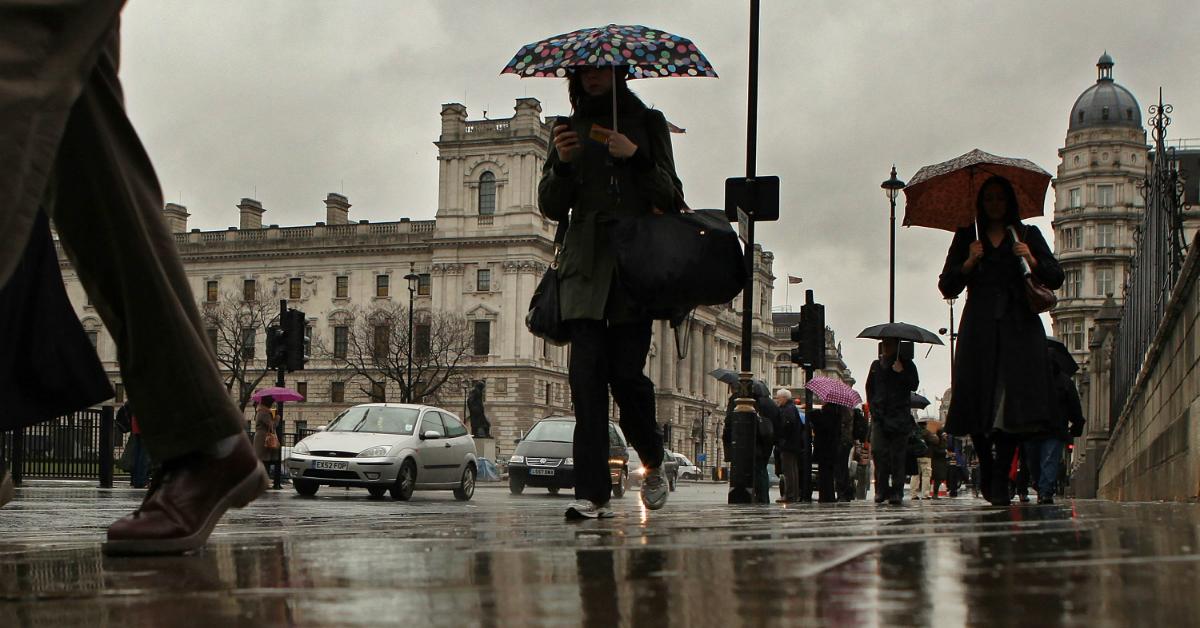Turns out Being Alone Will Kill You Faster Than Being Obese
Updated Aug. 17 2018, 2:06 p.m. ET

A recent study concluded that the effects of loneliness are more tangible than overall sad feelings and/or genuine ennuis that result in social awkwardness. As it turns out, excessive loneliness can also put you in an early grave.
One of the primary causes of most health-related issues Americans face can be linked back to obesity. I know that weight is a touchy subject, so much so that there was widespread social outrage when a sign that stated the second leading cause of cancer, after smoking, was obesity.
And although some 2.8 million adults die each year from illnesses that stem from being overweight, that number is still believed to be lower than the amount of people who are put into early graves because of another health crisis: loneliness.

A Brigham Young University study revealed that people with poor social connections, or who are lacking friends or a significant other, increase their risk of dying early by a whopping 50 percent. Which probably explains why that grumpy old couple at the end of the street who've been married for 70 years just won't die.
Dr. Julianne Holt-Lunstad, lead author and professor of psychology at Brigham Young, talked about the importance of social structures for human livelihood.

"Being connected to others socially is widely considered a fundamental human need, crucial to both well-being and survival."
OK, so you're telling yourself, "Nonsense, there are plenty of loners out there who live a really long time and confide themselves to general solitude — just look at Batman."

While I applaud you for bringing Batman up in any situation, I would also point out that even Batman had Alfred, silly. On top of that, he also got some sidekicks for himself. He needed them so badly that even when they ended up dead or severely traumatized, he still brought additional sidekicks on. Even Batman understood that flying solo isn't all that it's cracked up to be.
"Well Batman isn't real." You say, disappointing me because I was hoping we could still talk about the Caped Crusader. "I am a loner and that's just how I am. I was born that way." Well, actually, no one was born to be Mickey from Pee Wee's Big Adventure.

Dr. Holt-Lunstad discussed the effects of loneliness on infants who are denied contact with other humans and the results are absolutely tragic.
"Extreme examples show infants in custodial care who lack human contact fail to thrive and often die, and indeed, social isolation or solitary confinement has been used as a form of punishment."

There have been tons of studies on the "loneliness epidemic" in America — longer work hours and "always-on" devices contribute to that social hole. With more remote work positions becoming available, and a rise in content consumption on personal devices, it's hard to dispute Dr. Holt-Lunstad's statement that "an increasing portion of the U.S. population now experiences isolation regularly."
If you still think that loneliness isn't that bad, I present to you the Federal Incarceration System. What's the one thing that a group of hardened criminals and thugs are more afraid of than being in a cafeteria or exercise yard or shower with other convicts?

Solitary confinement. You figure that being locked up all by yourself away from the other prisoners would be good for you. But people would much rather hang out with murderers and thieves than be by themselves — that's how ingrained the fight against loneliness is in our DNA.
A social networking site for individuals over 50, called Granset, revealed that 3/4 of older folks in the UK are suffering from loneliness and they've never opened up to others about how they feel.

70 percent of afflicted people on the site say that they don't think their close friends or family members would ever believe them if they said that they're lonely.
The Office of National Statistic research shows that the UK is the loneliest country in Europe. Maybe that has something to do with the fact that it rains a lot and the sky is overcast and Morrissey is from there... I don't know.

It's estimated that the UK's loneliness crisis costs businesses a total of $26 million a year in costs associated with healthcare and people taking sick days to deal with their isolation.
OK so now that you're officially bummed out, how does one go about solving this problem? Dr. Holt-Lunstad says that we need to place a greater emphasis on teaching children social skills early on in school.

As for senior citizens who are lonely, there are some pretty cool incentives that exist to help them combat loneliness. Some students are given free housing accommodations in "old folks' homes" as long as they fulfill a certain set of service and community hours. There are also "joint playgrounds" that have exercise machines and play areas for both seniors and children. This way, your kids can run amuck and get tuckered out for nap time and old peeps can regale young ones with "back in my day" stories, all while everyone gets a workout and valuable social time together.
Sounds like a win-win.